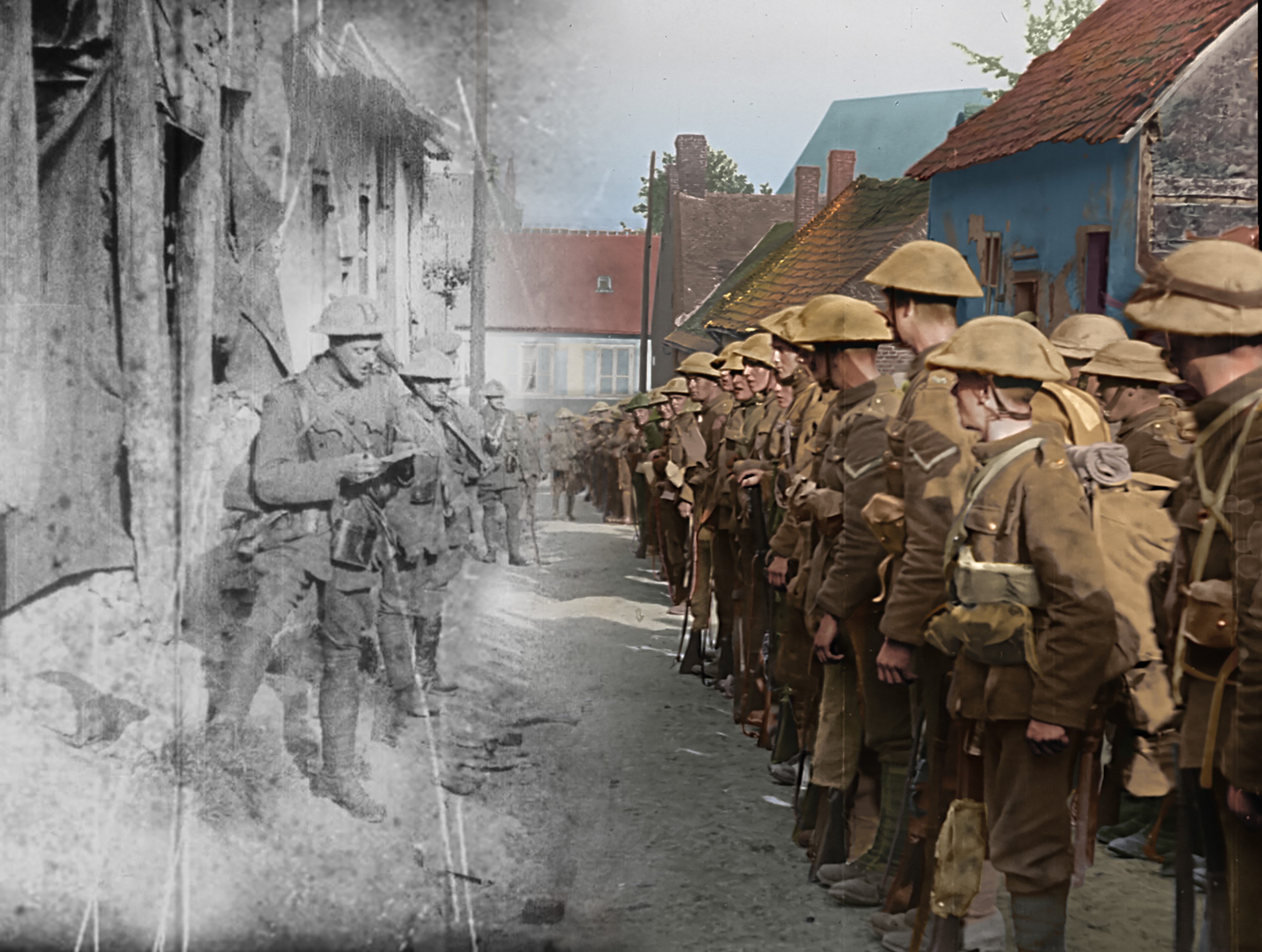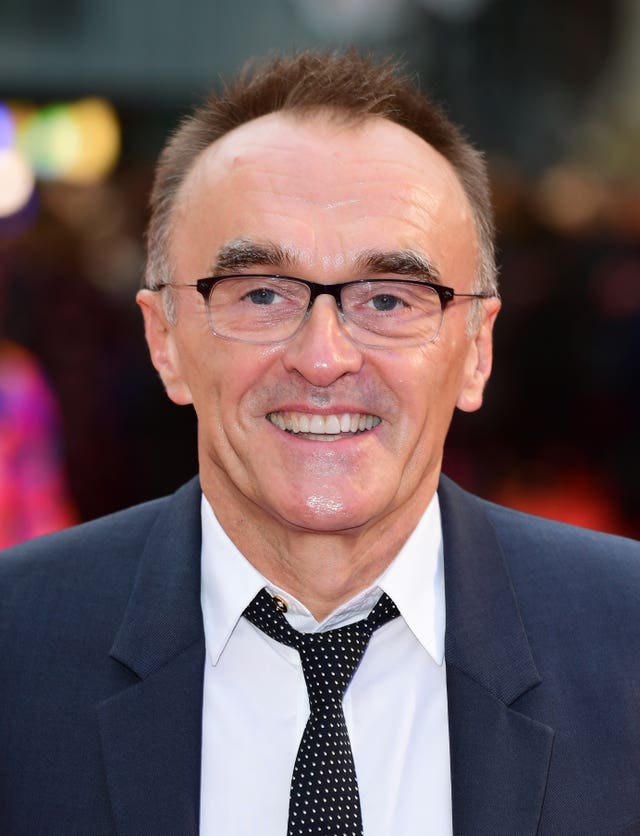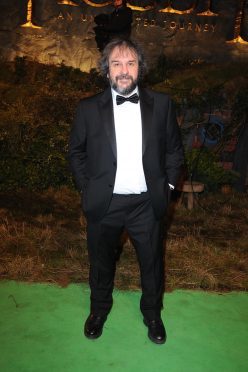Lord Of The Rings filmmaker Peter Jackson has created a 3D film about the First World War.
The Oscar-winner has restored 100-year-old archive footage, some of which has never been seen before, from the Imperial War Museum’s vast archive, using digital technology.
The footage has been hand-colourised and will be broadcast on BBC1 and shown in secondary schools across the UK.
It is part of a series of events announced by 14-18 NOW, the UK’s arts organisation set-up to bring a creative response to the centenary of the First World War.

The film, which combines the archive footage with audio from the BBC archives, will have its premiere as part of the BFI London Film Festival this year.
Director Jackson said he was approached by the Imperial War Museum about the footage, some of which has been seen previously in documentaries about the war.
“I started to think about what could be done to that footage with the computer technology that we have now, to restore it beyond anything we’ve ever seen before,” he said.
“We started to do some experiments and I was honestly stunned by the results we were getting.
“We all know what First World War footage looks like. It’s sped-up, it’s fast, like Charlie Chaplin, grainy, jumpy, scratchy, and it immediately blocks you from actually connecting with the events on screen.
“But the results we have got are absolutely unbelievable. They are way beyond what I expected.
“This footage looks like it was shot in the last week or two, with high definition cameras. It’s so sharp and clear now.”
He added: “It’s not the usual film you would expect of the First World War”.
The Hobbit filmmaker said: “The faces of the men just jump out at you. It’s the faces, it’s the people that come to life in this film.
“It’s the human beings that were actually there, that were thrust into this extraordinary situation that defined their lives in many cases.”
Jackson and his team combed through around 600 hours of audio interviews with veterans, recorded in the 1960s, 70s and 80s, for the film.
The interviews show “the experience of what it was like to fight in this war, not the strategy (and) battles (but) the social experience of being in this war and the human experience of being in the war,” he said.
The film will show how the veterans “had to live it, what they had to eat, how they slept at night, how they coped with the fear”.
It will give “a sense of what it was like to be in this war 100 years ago (from) the perspective of the people that were actually there,” he said.
Over 300 artists and organisations have been commissioned by 14-18 NOW, for its closing programme of events, which will take place from March to November this year.
Highlights include Processions, “a mass participation artwork” marking the centenary of the Representation Of The People Act, in which women first gained the right to vote.
Women will be invited to take to the streets of Belfast, Cardiff, Edinburgh and London on June 10 for the event, in which female artists have been commissioned to help create banners, “echoing the practices of the women’s suffrage campaign”.

Boyle, the mastermind behind the opening ceremony at the Olympics in London in 2012, is creating a work which “will invite people across the UK to mark the centenary”.
Another new work, The Head And The Load by William Kentridge, will have its world premiere at Tate Modern’s Turbine Hall in July.
The “large-scale” performance will tell the story of the millions of African porters and carriers who served British, French and German forces during the First World War.
And the multi-screen installation African Soldier will remember the African men and women who participated in the 1914-1918 war.
